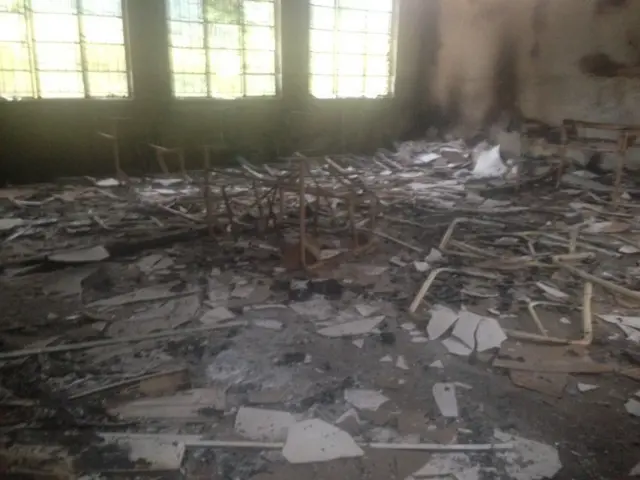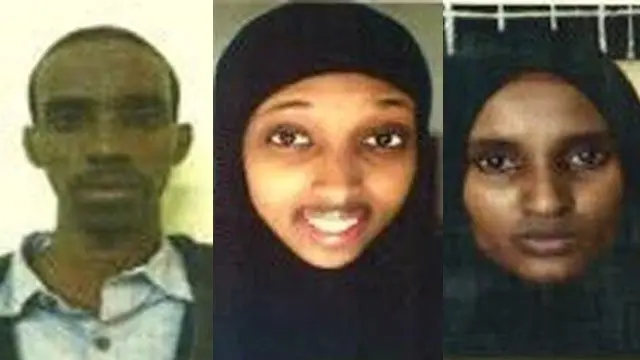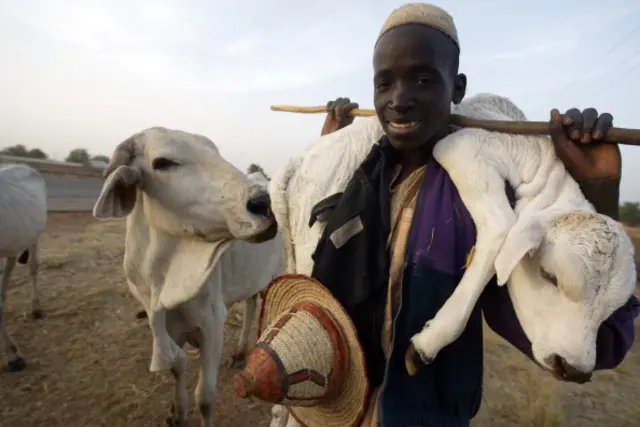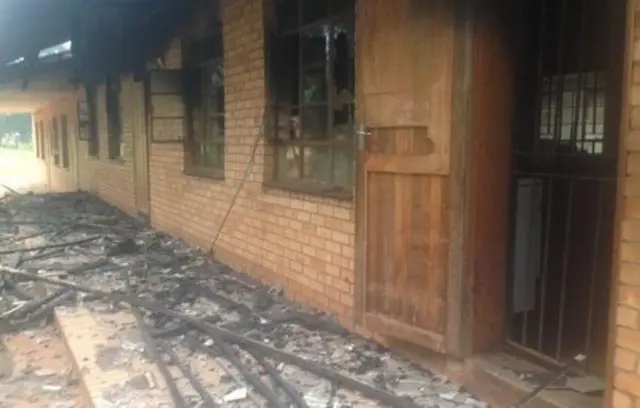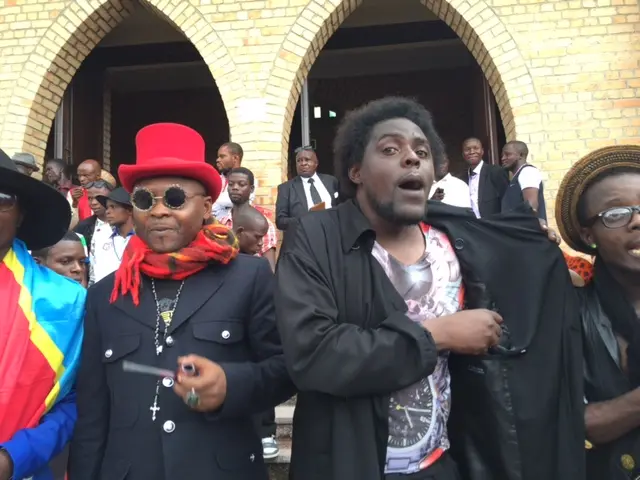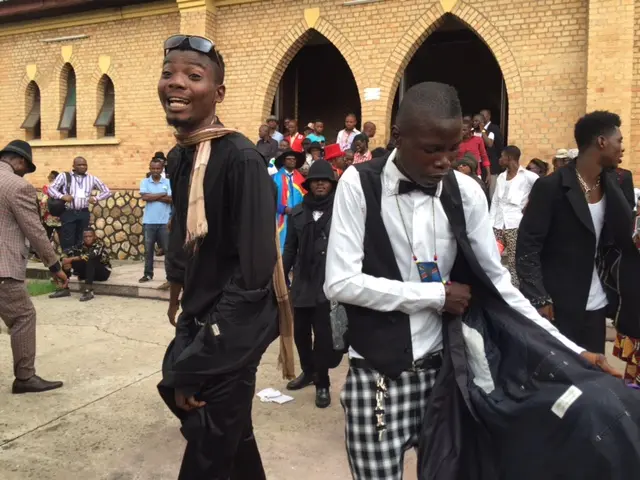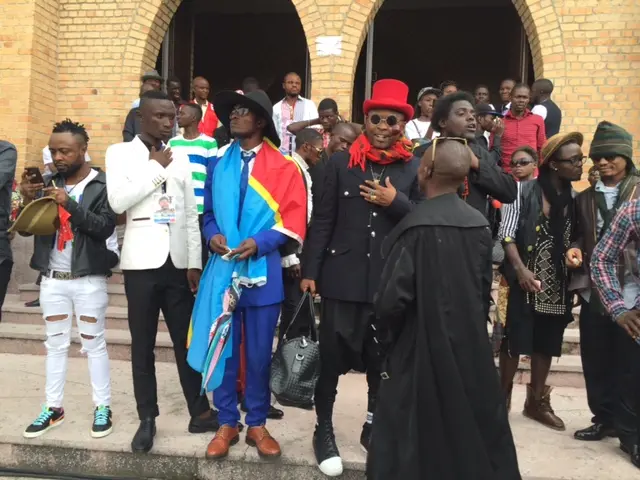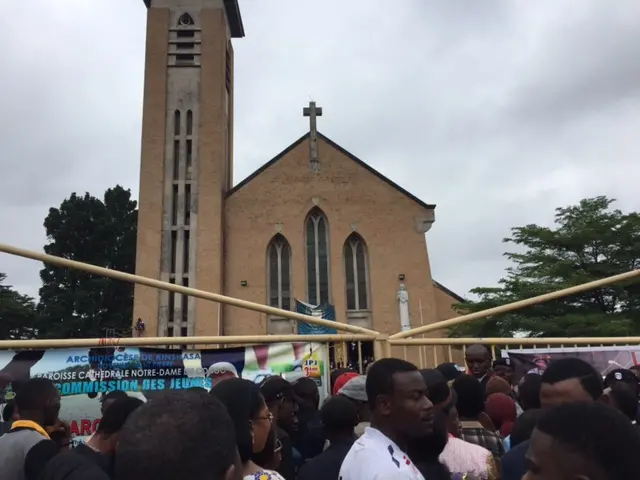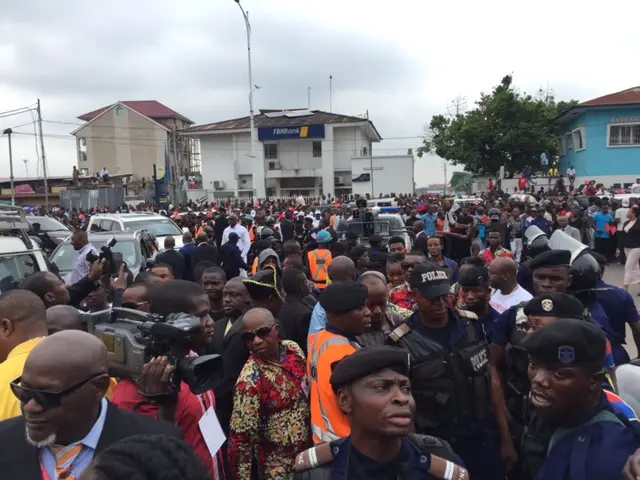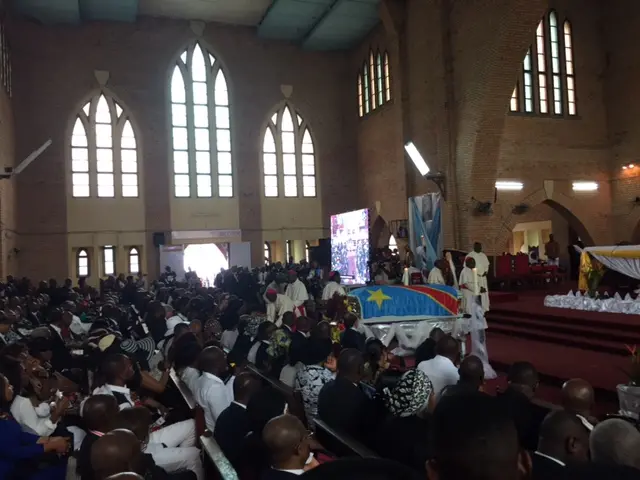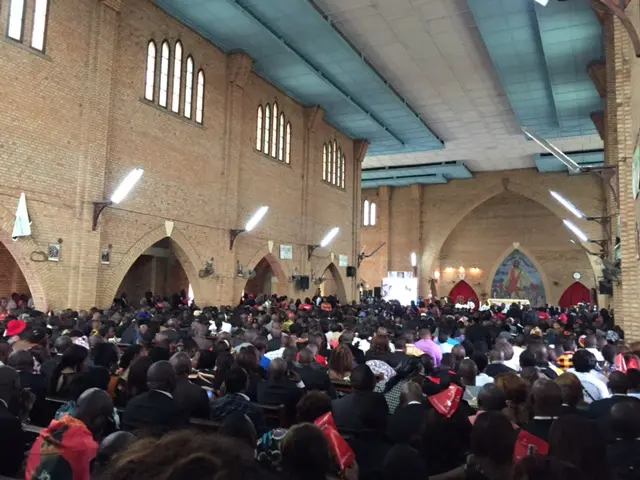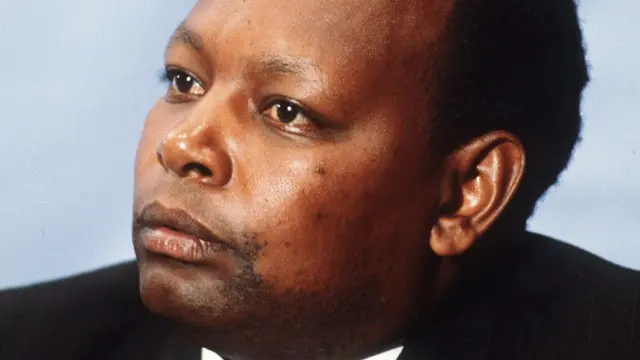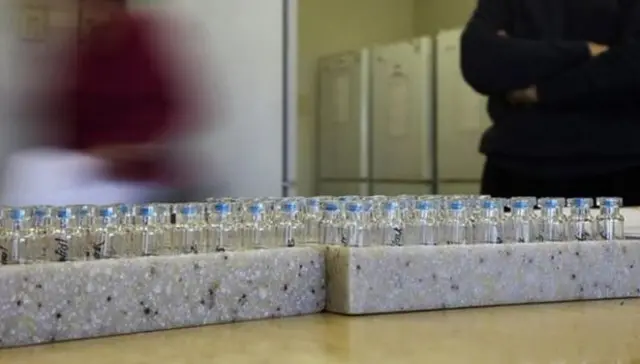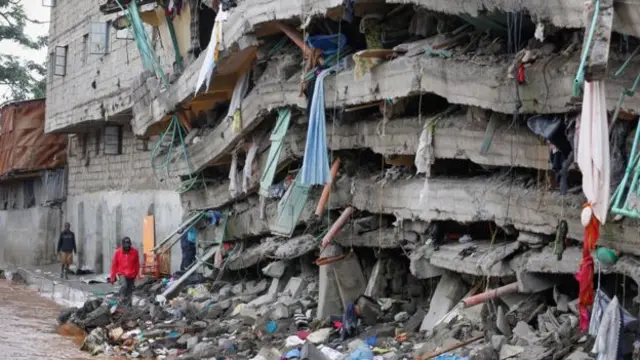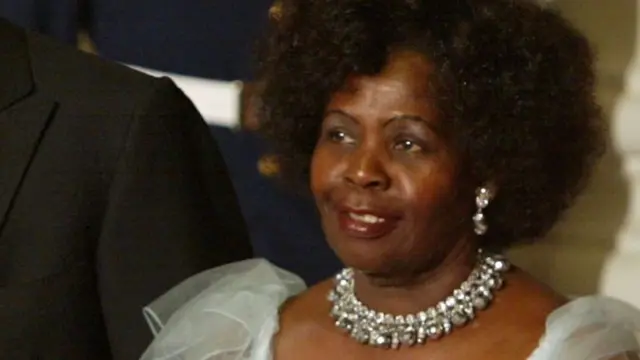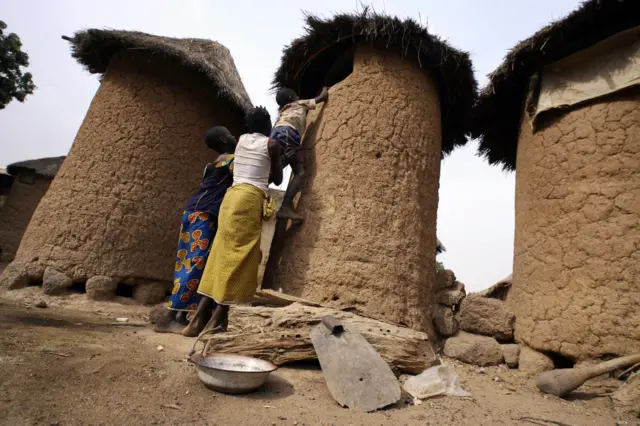Singer Angelique Kidjo wins human rights awardpublished at 12:39 BST 4 May 2016
 Image source, AFP
Image source, AFPBenin's Grammy Award-winning musician Angelique Kidjo, along with three African youth activist movements, has been awarded the 2016 human rights award for standing up to injustice by Amnesty International.
Kidjo and Senegal's Enough is Enough (Y'en a marre), Le Balai Citoyen from Burkina Faso and Lucha from the Democratic Republic of Congo have shown "exceptional courage," the rights group said.
They "have all proved themselves to be bold advocates for human rights, using their talents to inspire others", Salil Shetty, Amnesty's secretary-general, said in a statement.
Kidjo is also known for her prominent campaign for freedom of expression and work against female genital mutilation.
The musician has now joined a list of famous people who have won the Ambassador of Conscience Award, including South Africa's first black President Nelson Mandela and Chinese artist Ai Weiwei.
Watch this BBC news video on the rise of youths activists in DR Congo.

